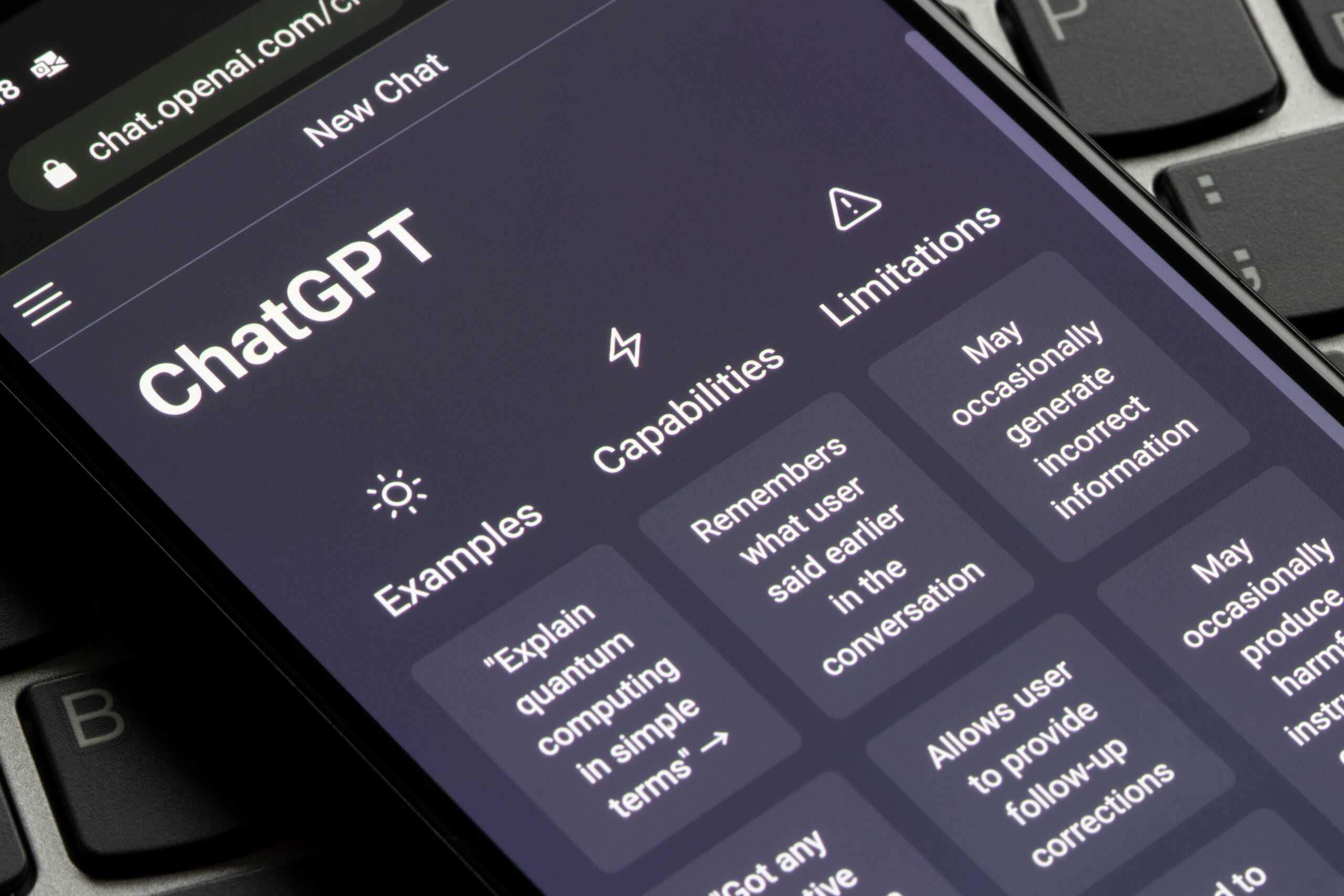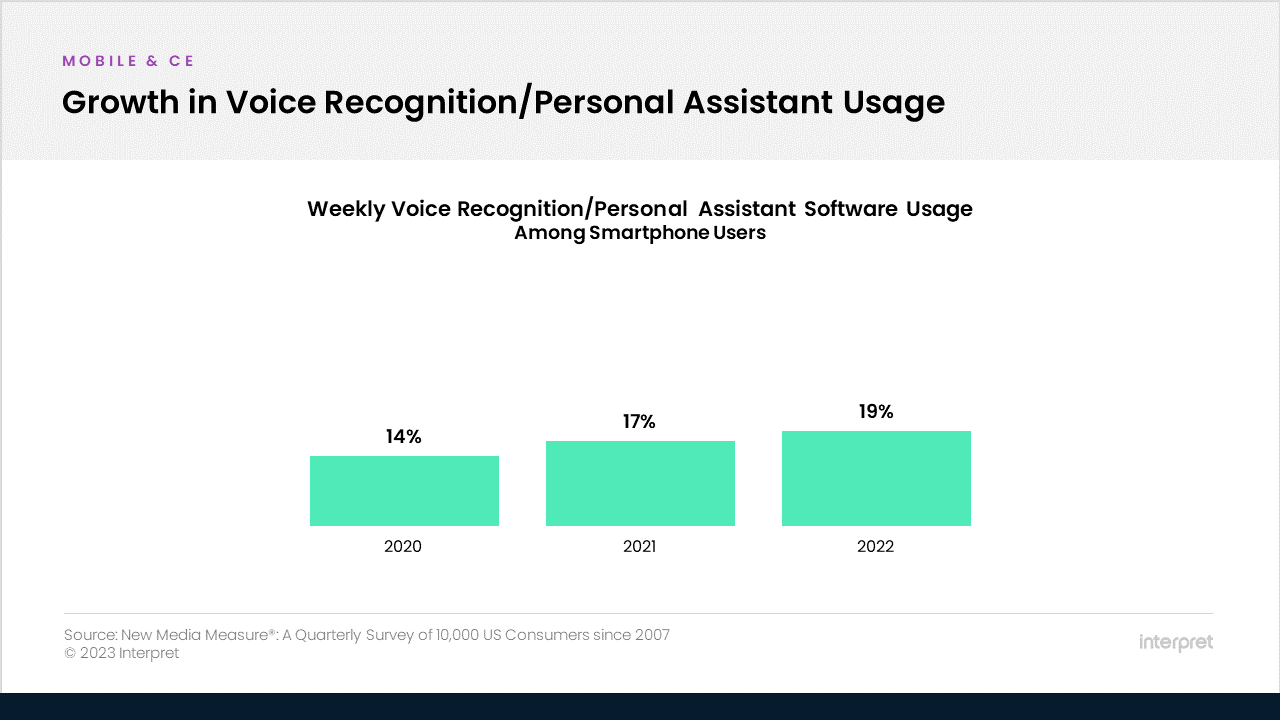One of the biggest tech trends of the last few months has been the rise of AI, most notably OpenAI’s ChatGPT (which reached 100 million monthly users in January), along with generative AIs that have the ability to create art based on a few key descriptors. ChatGPT has shown that it’s capable of spitting out semi-accurate responses to questions that would take far more time for a human being to research, but it’s very much a work in progress and doesn’t always get all the details right.
That said, Microsoft is so bullish on the potential for this conversational AI that it’s invested billions of dollars into ChatGPT and is relaunching its oft-maligned Bing search engine to incorporate the new AI tech. With new AI likely to disrupt the entire search industry, Google cannot stand still, nor is it, as the company quickly announced its conversational AI called Bard.
“Soon, you’ll see AI-powered features in Search that distill complex information and multiple perspectives into easy-to-digest formats, so you can quickly understand the big picture and learn more from the web: whether that’s seeking out additional perspectives, like blogs from people who play both piano and guitar, or going deeper on a related topic, like steps to get started as a beginner,” said Google CEO Sundar Pichai.
Apple and Amazon have both been relatively quiet compared to Microsoft and Google when it comes to AI development, but you can be sure they’re not ignoring what could become the most important technology of the 21st century. Amazon CEO Andy Jassy has said that his company has been working on ChatGPT-like AI for a long time. Meanwhile, Apple reportedly held an internal AI summit for its employees. On the international front, China won’t be left behind either, and some of the nation’s biggest tech firms, including Baidu, Alibaba, JD.com, and NetEase have all recently committed to plans for ChatGPT rivals.
AI has already become an important component of everyday life for those consumers who frequently interact with smart speakers or who rely on voice recognition software like Google Assistant or Apple’s Siri. In fact, Interpret’s New Media Measure® data underscores a growing comfortability with using AI assistants among US consumers, as the percentage of smartphone owners using the device’s personal assistant has grown steadily since 2020 and now accounts for almost one-fifth of all smartphone users. It’s fairly likely that as Google further develops its Bard AI, that it or components of the tech could ultimately get integrated into the company’s Android-based Google Assistant. Likewise, anything Apple develops could ultimately serve to enhance the functionality of Siri for iOS users.
The AI arms race has definitely arrived. It’s either time to get excited, or as Time puts it, “start worrying.”





